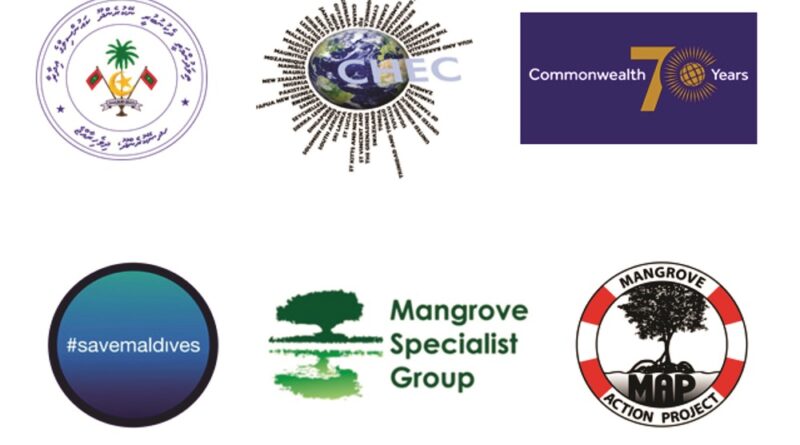Celebrating the International Day for the Conservation of Mangrove Ecosystems (26 July), as we collaborate to save Neykurendhoo mangroves.
On this International Day for the Conservation of Mangrove Ecosystems, we wish to inform the public of the critical importance of mangroves to the Maldives and to highlight the fact that the Maldives is a mangroves nation with many of our islands protected and served by wetlands and mangrove ecosystems. The resilience of many of our islands and communities depend on the rich diversity of these precious and finite natural resources which act also as a defence system from climate events.
Save Maldives Campaign began a collaboration with Mangrove Action Project (MAP) and the Island Council of Haa Dhaal Atoll Neykurendhoo in June 2020, to conduct a preliminary field assessment of Neykurendhoo mangroves. The initiative is in response to alarming reports of an unexplained phenomenon causing the die-off of huge swathes of mangrove trees in Neykurendhoo island in the far north of the Maldives, since March 2020.
The mangroves at Neykurendhoo was designated a protected environmental site on 30 December 2018 and is among the largest and most ecologically rich mangrove ecosystems in the country. The mangroves are also an important food source for the people of the region, among other services. Save Maldives Campaign recognizes that the proper care, sustainable management, and preservation of these mangroves are crucial to the resilience of the island and its community, especially at this time of climate emergency.
To properly understand the cause of mass die-off happening at the mangroves, we connected with mangrove experts and scientists through MAP, to study the phenomenon with expert support and guidance. An initial field survey and a community consultation was organised and conducted from 25-26 June 2020 to obtain critical information to understand the mass die-off. A team of volunteers from the Save Maldives Campaign travelled to Neykurendhoo to collect various samples from the mangroves site and obtain documentary evidence for further scientific study. The team also assisted the Island Council with community based public consultations with residents in Neykurendhoo to obtain local knowledge and insights. All activities were carried out with strict adherence to social distancing practices and relevant guidelines from the Neykurendhoo Island Covid-19 Taskforce.
The main objectives of this activity were to better understand the causes of the mangroves die-off and to collaborate with community members, businesses, civil society organisations along with government offices to conserve this critical ecosystem to the community. The findings from this preliminary field survey will be used to compile a preliminary report that will be submitted to relevant government authorities to support conservation efforts. We are encouraged to see that since our study visit, the Environment Protection Agency has also visited Neykurendhoo to make an assessment of the mangrove die-off. We hope that insights obtained from both parties would help to further understand the cause of the phenomenon and solutions can be found to prevent further loss, protect, and conserve the mangroves.
Save Maldives Campaign thanks Neykurendhoo Island Council and the community for their dedication, cooperation, and active engagement in this effort. We are most grateful to the Commonwealth Human Ecology Council (CHEC) and Neykurendhoo Island Council for providing funding support towards this activity. We acknowledge with appreciation the enthusiastic support and assistance of our expert international partner MAP and the Mangrove Specialist Group (MSG), to facilitate our efforts. We look forward to continuing this multi-stakeholder collaboration to successfully achieve our common goal to:
